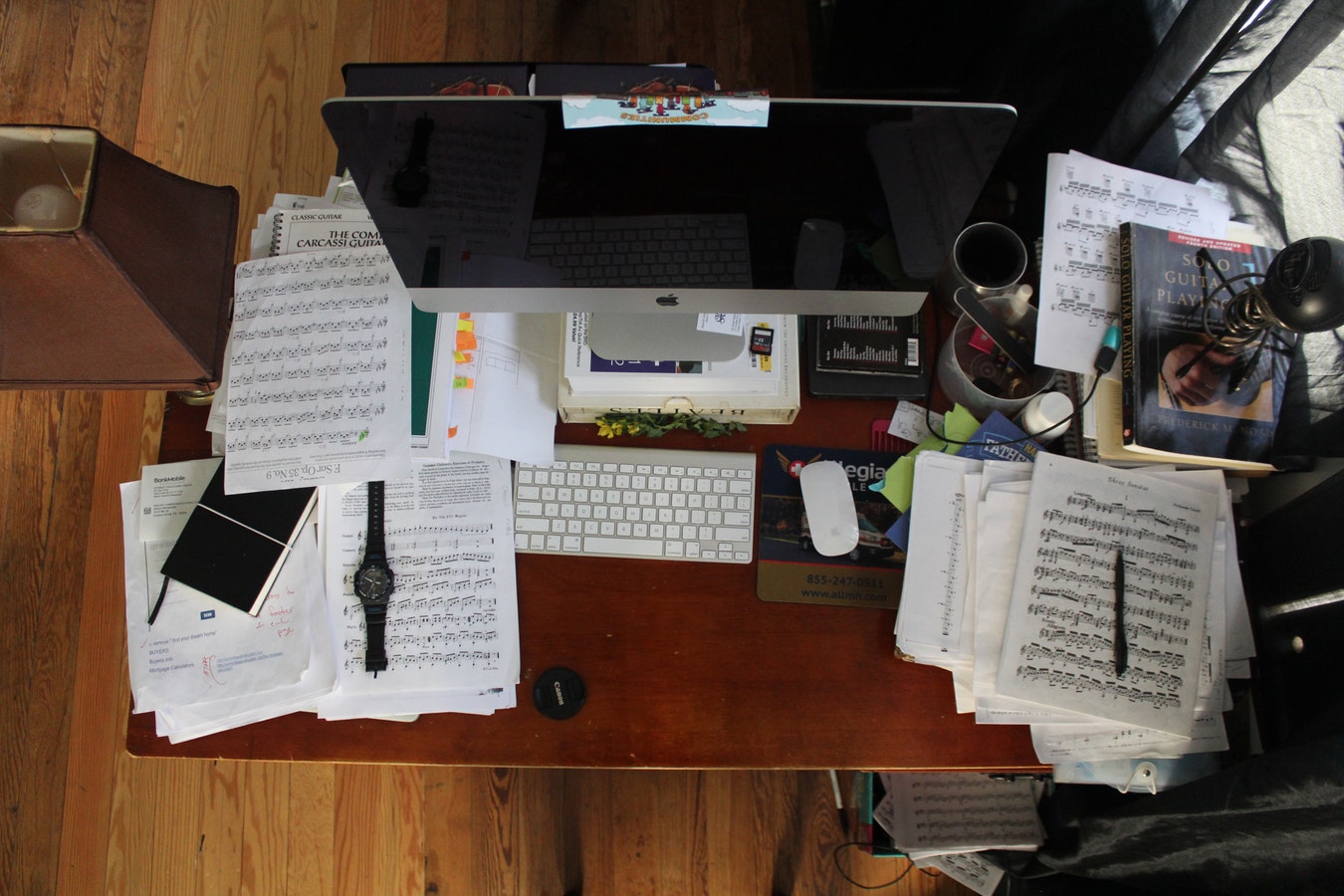Can You Hack a Healthy Work-Life Balance with WFH?
How is Work from Home working out for you? We’re curious to hear your stories and comments – let us know right here or on our social media.
This piece is by Guest Contributor Riya Aggarwal
Shweta* is a Gen Z HR Assistant working from home at a startup and is candid, telling The Health Collective, “I am absolutely sick of it.” This isn’t surprising since her day begins at 11 AM and ends around 9 or 10 PM. “Flexible hours are the biggest hoax in corporate history,” she says, with work requests coming in around the clock. By contrast, in the pre-WFH days, she used to finish her work at 6 PM. She would leave both her stress and work on her office desk and carry none of it home. Now, with the blurring boundaries of ‘work’ and ‘home’, she feels she is always working. Her social life has also suffered and she feels she does not have time for anything apart from her job. Her mental health has also taken a toll due to the constant stress. “I have developed anxiety, something I never had to deal with before,” she says.
A study conducted by Microsoft found that on an average, employees were working 46 minutes more in 2022 than in 2020. They were also working more on weekends and after work.
Speaking about the issue on an Instagram live with The Health Collective’s Amrita Tripathi, Clinical Psychologist, and Head – Mental Health, Department of Mental Health and Behavioural Sciences, Fortis Healthcare, Kamna Chhibber talks about the importance of setting boundaries. “When left to our own devices, we can often tend to over-work. It’s very important for us to create boundaries for ourselves- for both our down time and our work. Only then can we maintain our mental well-being”, she says. She also highlighted that working from home can be isolating. This can make employees feel alone and pressurised to deal with challenges alone.
Madhurima M., another young professional, concurs. She lives in Kolkata and has been working at a social media firm based in Delhi for the past six months. Although her office has opened up, she is unable to go due to the distance and continues to work from home. She explains how frustrating it can be, “It’s isolating to see pictures of my team members meeting for lunches and birthdays. I feel so excluded.” Despite working at the company for a significant amount of time, she feels like she hasn’t made friends there and doesn’t have anyone to really discuss issues with. “I feel like I am stuck in my own head,” she says, “There is no one to tell me if my ideas are right or wrong. I feel like I am not growing.”
She is not the only one. A study conducted in India reveals that thirty-five per cent of employees feel lonely and lost while working from home. Further, 57 per cent feel that their organisation is not doing enough to reduce the mental health impacts of working from home.
So what can be done to combat this issue?
Kamna Chhibber says that employers need to reach out to their staff in order for them to feel a part of the organisation. “For this, they can organise events, meetings etc. They need to work on building personal relationships with their employees.”
Further, both employers and employees need to communicate their needs and problems clearly to each other. “Instead of pretending to have everything together, they must have an open dialogue”, she says. “Bottling up feelings can impact our mental health and further deteriorate our professional relationships.”
Lastly, on an individual level, she encourages people to create boundaries for themselves. This can be done by asking ourselves, “What is important to me? What are my priorities at this point in my life?” These questions can help us figure out how much time we dedicate to work and other spheres of our lives, and develop structure and a proper routine.
Riya Aggarwal is a journalist who likes to write about mental health, women’s rights, and culture. (Instagram: @riyumiyu_)




